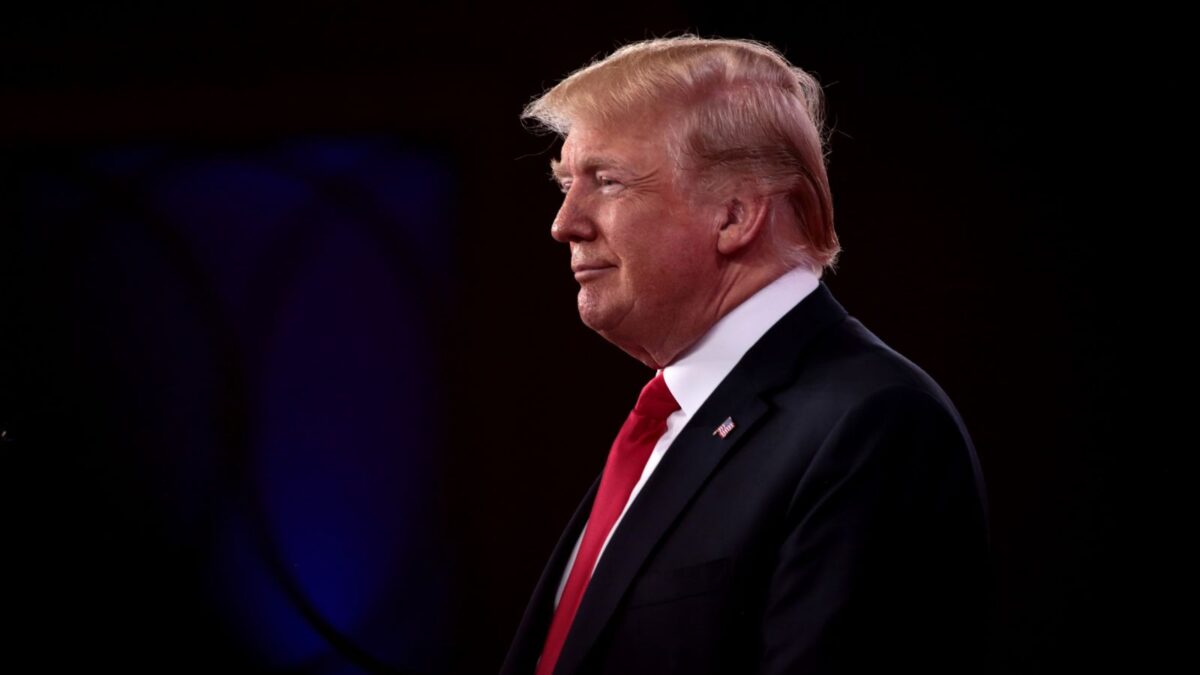How Trump’s (potential) second innings could kickstart inflation
A direct conflict with Iran grows more likely every day, according to Allspring’s latest Allview Market Risk Monitor, but it’s the possibility of a second Trump presidency that investors might fret the most.
The first Trump presidency was characterised by economic protectionism and a trade war with China, and the Allview team doesn’t expect his potential second stay in the White House to be any different, predicting that tariffs will be slapped on all US imports.
“Former President Trump has vowed to introduce a new 10 per cent tariff on all goods imported into the US if he is elected to a new term as president,” the Allview team writes. “In addition, he has pledged to revoke China’s “Most Favoured Nation” trade status, which would trigger even higher tariffs on Chinese imports. Such actions would have profound effects on global trade and economic growth, potentially pushing inflation higher and global growth lower.”
Thought not every risk Allspring tracks lies in the realm of hypotheticals. Number four on the Risk Monitor is a wave of defaults in commercial real estate, pegged at “consensus” by the team due to changing work dynamics.
“Businesses around the world have adopted a “new normal” as it relates to work,” the Allview team writes. “Many industries have instituted flexible schedules that allow workers to work from home a portion of the week.
“Companies have begun to reduce office space footprints to match this new normal. Portfolios exposed to commercial real estate or commercial mortgage-backed securities could underperform if a wave of defaults occurs in the space. Regional banks that are heavily exposed to CRE could also underperform or face insolvency.”
But a proper war with Iran still sits in the number one position on the Risk Monitor, and could have the biggest impact on markets if it were to kick off.
“Iran has engaged in a series of brutal proxy wars with other countries, backing Iraqi and Syrian militant groups against the US; rebels in Yemen against Saudi Arabia; and Hamas against Israel,” the Allview team writes.
“In addition, Iranian naval vessels have seized multiple oil tankers over the past year in the Persian Gulf. These collective actions are increasing the probability of a direct conflict between Iran and another nation. Military actions in the Middle East tend to drive energy prices higher, negatively affecting portfolios underweight the sector – especially if energy infrastructure becomes a target.”










